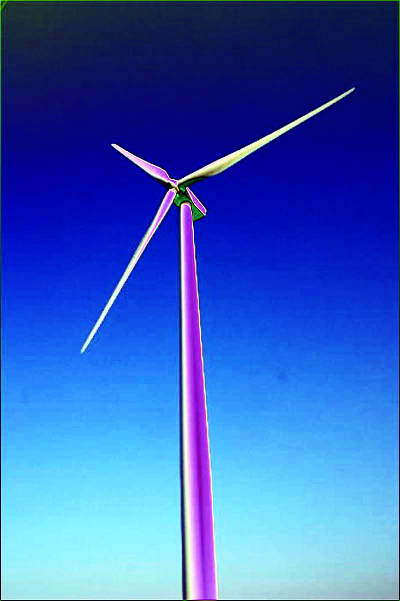Turbine syndrome re-studied
 Researchers have taken another look at whether wind ‘farm’ turbine noise in the environment can affect sleep and wellbeing of nearby residents.
Researchers have taken another look at whether wind ‘farm’ turbine noise in the environment can affect sleep and wellbeing of nearby residents.
In a review of existing literature on wind turbine noise effects on sleep, Flinders University sleep researchers have weighed up the results of five prior studies.
It is part of the Flinders University Wind Farm Noise Study - a five-year, Government-funded collaborative study looking into how the noise from wind turbines affects people's health. It also tests how much windfarm noise disturbs sleep compared to traffic noise.
The studies were launched when Tony Abbott was Prime Minister, which was marked in part by strong opposition to wind farms.
While previous studies showed no systemic effects on common sleep markers such as time taken to fall asleep and total sleep time – they did reveal some more subtle effect on sleep such as shifts in sleep stages and less time in deep sleep.
“Comparing wind turbine noise to quiet background noise conditions showed no systematic effects on the most widely used objective markers of sleep, including time taken to fall asleep, total sleep time, time spent awake during the night and time spent asleep relative to overall time in bed,” says lead author Tessa Liebich.
“However, some more subtle effects on sleep in some objective studies were established including shifts in sleep stages, less time spent in deep sleep and more time spent in light sleep.”
Senior author Dr Gorica Micic says limited knowledge and data in this area emphasises a need for further well-controlled experimental studies to provide more conclusive evidence regarding wind turbine noise effects on sleep.
“Environmental noises, such as traffic noise, are well known to impact sleep,” she said.
“Given wind power generation is connected with low frequency noise that can travel long distances and more readily into buildings, it is important to better understand the potential impacts of wind turbine noise on sleep.”








 Print
Print